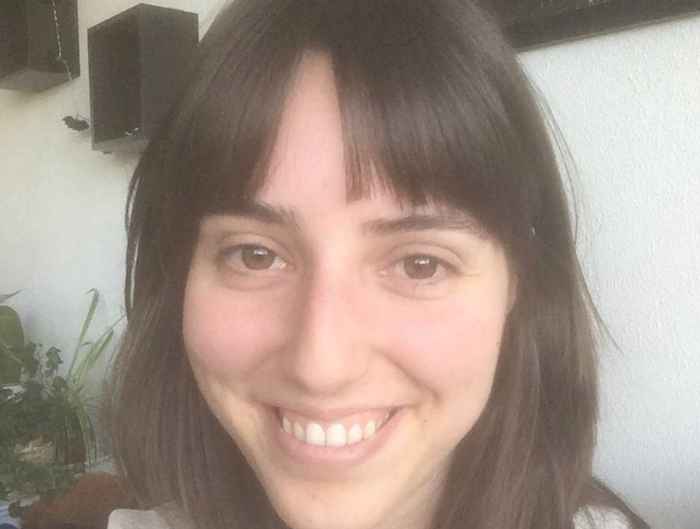Larissa de Ruijter
Graduate MSc Artificial Intelligence

Why did you choose this AI Master's programme?
During my mathematics bachelor's, I enjoyed the abstract thinking and problem-solving aspects—it felt like working on puzzles. However, due to the high abstraction-level, I missed the sense of applying these skills in the real world, and do something to help other people. Reading about Artificial Intelligence applications in fields such as climate, biomedical sciences and neuroscience inspired me a lot. Compared to other universities, the Artificial Intelligence Master's programme at UvA stood out because it is very technical. By choosing this programme, I could continue working with mathematics while also learning skills that can have a real-world impact.
Does the Master's programme meet your expectations?
Yes, the Master's programme meets my expectations. I anticipated a focus on mathematics behind AI, and that’s definitely been the case. This is important for future students to know: having a solid mathematical foundation (or being interested in developing one) is important. The programme dives deep into the theory and mathematics behind Artificial Intelligence. What I found enjoyable and different compared to my mathematics bachelor's is the level of engagement with new research in the Artificial Intelligence Master's. Since it’s a research-focused programme, there are many opportunities to work on research projects during courses and your thesis. In mathematics, reading new research papers is often challenging without deep specialization. In Artificial Intelligence, however, it's different because it’s a rapidly advancing field. After the first semester, you’re generally equipped to understand new research.
Which course perfectly matched your interests or from which you learned a lot?
I found the course Deep Learning I to be a very good and interesting course. It provides a rapid overview of the most important theory behind neural networks and the key architectures. You also learn how to implement and train neural networks. This taught me a great deal and gave me a strong foundation for the rest of the programme. It was also incredibly fun.
What did you enjoy the most about the Master's programme?
I enjoy that the Master's programme is very fundamental. It focuses on theory and mathematics, which is important in a fast-evolving field like Artificial Intelligence. Having a solid theoretical foundation makes it easier to understand new research and continue learning. I also liked that the programme offers a lot of freedom to tailor the curriculum to your interests. You get the most out of it if you choose projects and courses that align with what you want to learn and plan your approach carefully.
What did you find challenging?
Due to my mathematics background, I had less programming experience compared to some other students. This is something that I found challenging sometimes, I had a lot to learn about how to structure code well and efficiently, for example.
What would you like to do afterwards?
I'm still figuring out what I want to do next. I’m considering a PhD, but I’m not sure yet. The Artificial Intelligence Master's programme provides a strong foundation for various paths. Since I focused slightly more on more theoretical courses and projects, I've mainly developed theoretical / research skills. However, you can also choose more applied courses and, for example, do your thesis research at a company. This way, you can decide for yourself which skills you want to develop.
What tip would you give to students who still need to choose a Master's programme?
If you can, talk to current Master's students about their experiences. Check the study guide to see the courses and projects in the programmes you’re considering, and look at the content of those courses and projects. This will give you a good idea of what you’ll be learning. If you choose this Master's programme, try to plan ahead and select courses and projects that align with your interests. This way, you’ll get the most out of your Master's experience!